

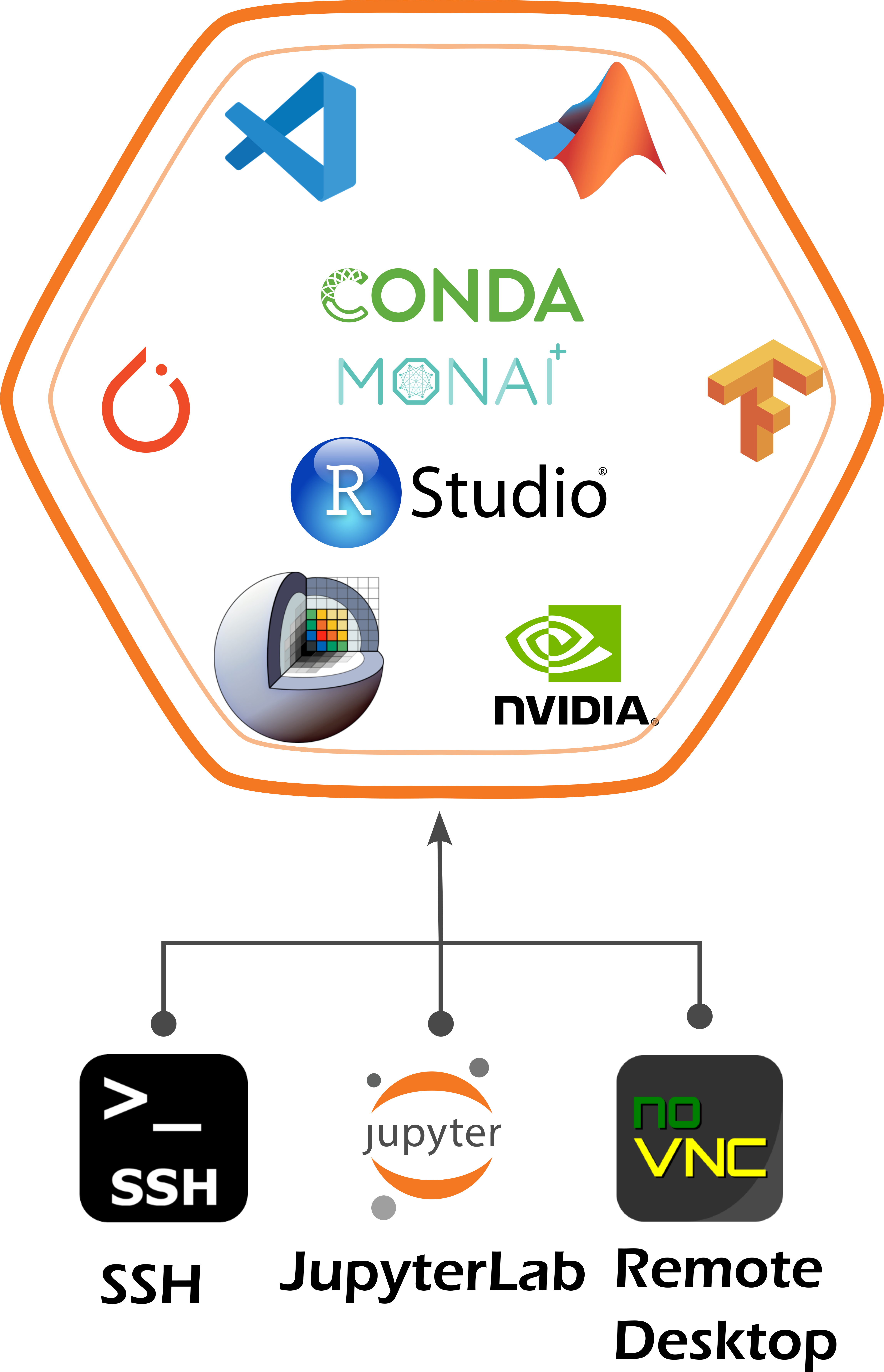
MAIA Workspace is a JupyterHub-powered environment that provides a collaborative workspace for data science and machine learning projects. It is designed to support GPU-accelerated workloads and provides a range of tools and libraries to facilitate the development of machine learning models. The MAIA Workspace is equipped with a range of pre-installed tools and libraries, including Anaconda, TensorFlow, PyTorch, MONAI and scikit-learn, among others. Users can also install additional libraries and tools as needed.
Tutorials and documentation are available to help users get started with the MAIA Workspace and explore its features. The platform also provides access to example projects and datasets to help users learn and experiment with machine learning techniques.
Together with the Jupyter interface, users can get access to the MAIA Workspace through an SSH connection, enabling them to run experiments, train models, and collaborate with others on data science projects through external IDEs and tools, such as Visual Studio Code and PyCharm.
The MAIA Workspace also provides a remote desktop interface, allowing users to access the platform through a web browser and work with the Jupyter interface and other tools in a familiar desktop environment. Through the remote desktop interface, users can run the popular applications, such as 3D Slicer, Matlab, and RStudio, among others, to analyze data, visualize results, and develop machine learning models.
RSudio is an integrated development environment (IDE) for R programming language. It provides a range of tools and features to help users write, test, and debug R code, as well as visualize data and generate reports. The MAIA Workspace integrates RStudio to support users who prefer to work with R for data analysis and machine learning projects. Users can access RStudio through the remote desktop interface and leverage its features to develop and deploy machine learning models.
MATLAB is a high-level programming language and interactive environment for numerical computation, visualization, and programming. It provides a range of tools and libraries to help users analyze data, develop algorithms, and build machine learning models. The MAIA Workspace integrates MATLAB to support users who prefer to work with MATLAB for data analysis and machine learning projects. Users can access MATLAB through the remote desktop interface and leverage its features to develop and deploy machine learning models.
Visual Studio Code is a lightweight, open-source code editor developed by Microsoft. It provides a range of features and extensions to help users write, test, and debug code, as well as collaborate with others on software development projects. The MAIA Workspace integrates Visual Studio Code to support users who prefer to work with Visual Studio Code for data analysis and machine learning projects. Users can access Visual Studio Code through the remote desktop interface and leverage its features to develop and deploy machine learning models.
DTale is a Python library that provides an interactive interface for data exploration and visualization. It allows users to analyze data, generate plots, and gain insights into their datasets through an easy-to-use web interface. The MAIA Workspace integrates DTale to help users explore and visualize their datasets effectively. Users can access DTale through the Jupyter interface and leverage its features to analyze data, generate plots, and share insights with others.
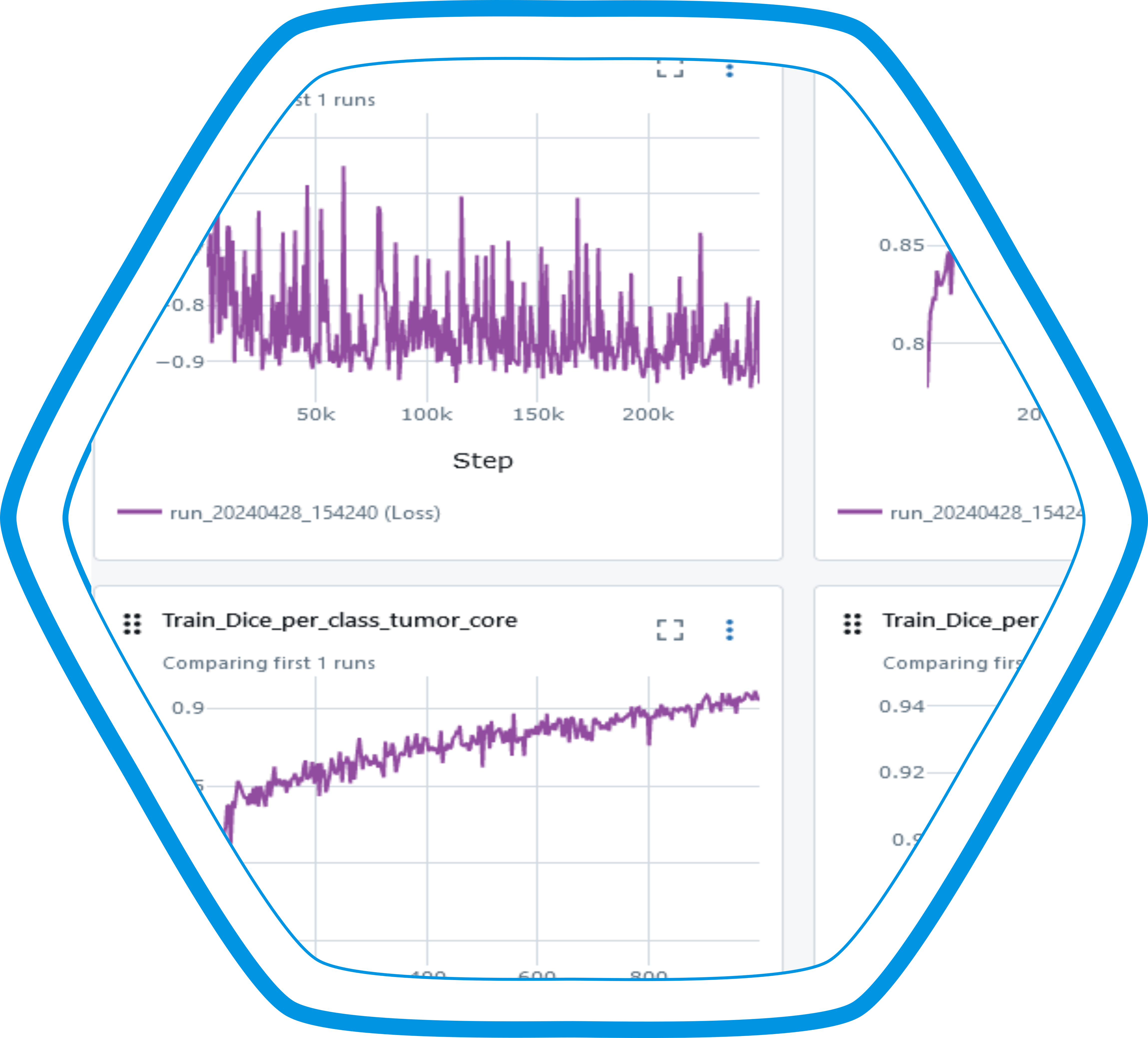
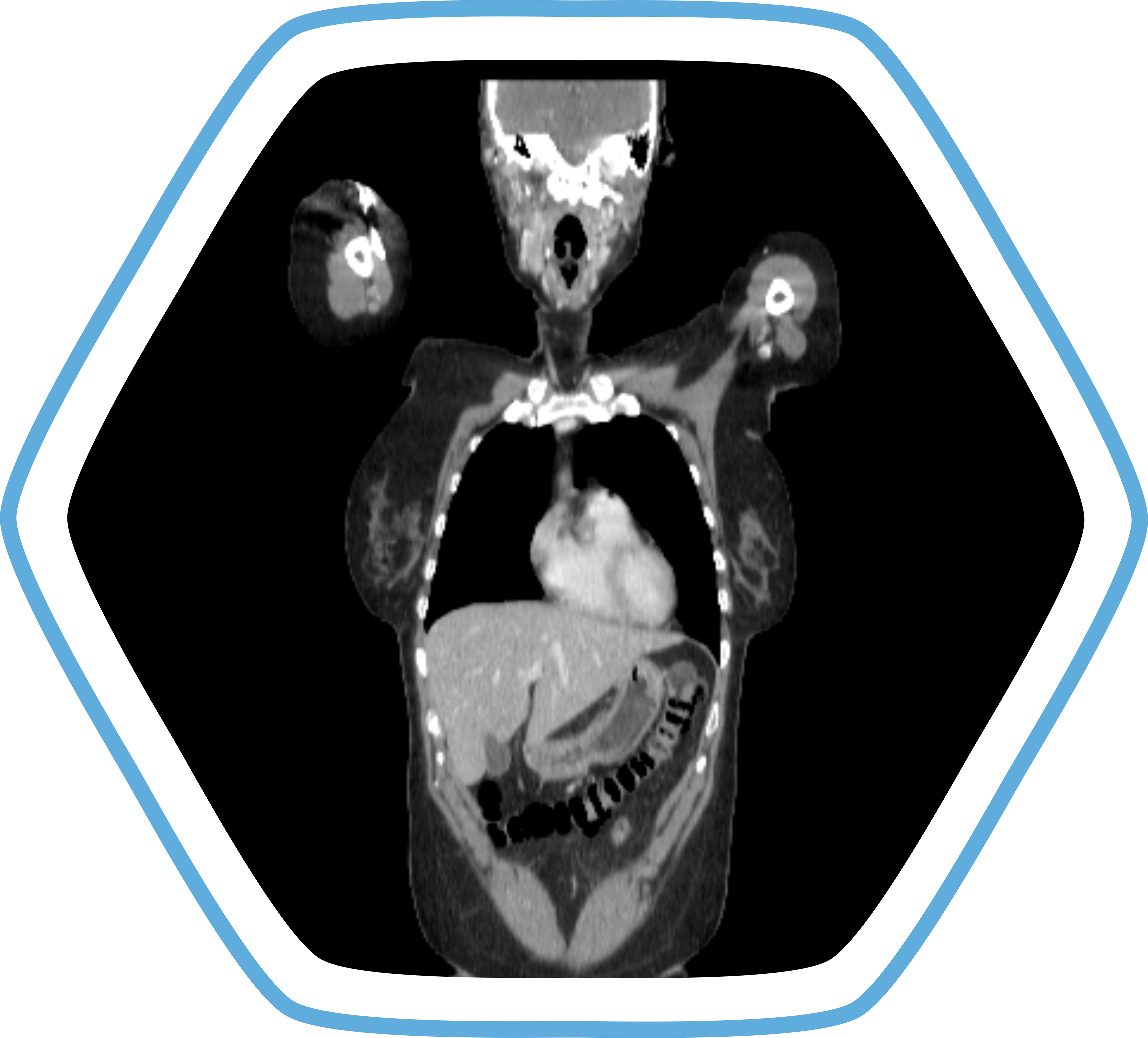
Orthanc is an open-source, lightweight, and standalone DICOM server that provides a range of features to help users store, retrieve, and share medical images. It supports the DICOM standard and provides a RESTful API to interact with the server programmatically. OHIF Viewer is an open-source, web-based medical image viewer that provides a range of features to help users visualize, analyze, and annotate medical images. It supports the DICOM standard and provides tools for viewing 2D, 3D, and multiplanar reconstructions of medical images. The MAIA Workspace integrates Orthanc and OHIF Viewer to help users store, retrieve, and visualize medical images effectively. Users can upload DICOM images to the Orthanc server, view and analyze the images through the OHIF Viewer, and share insights with others through the remote desktop interface.
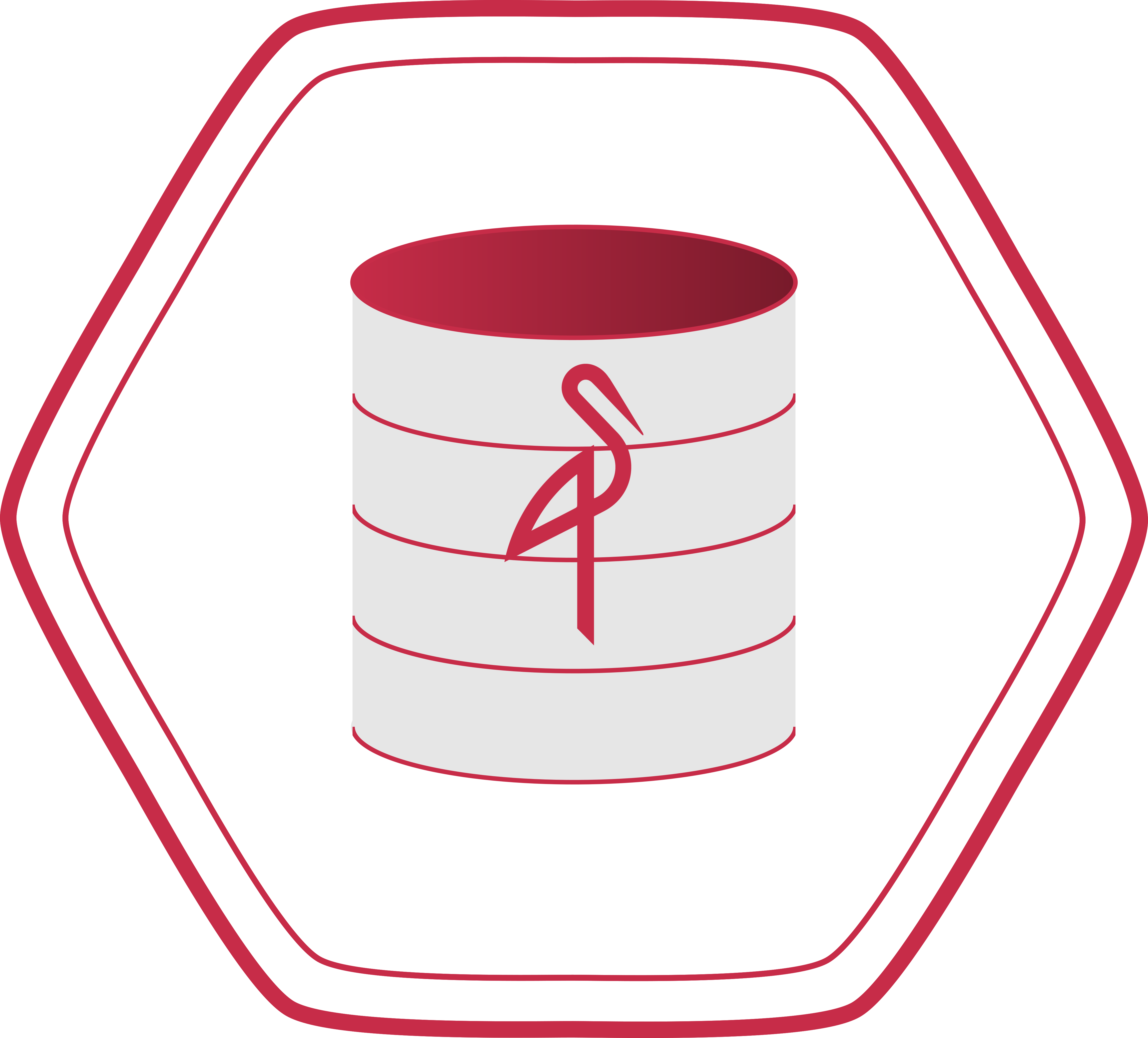
MinIO is an open-source, high-performance object storage server that provides a range of features to help users store, retrieve, and manage large datasets. It supports the S3 API and provides tools for data protection, encryption, and access control. The MAIA Workspace integrates MinIO to help users store and manage large datasets effectively. Users can upload data to the MinIO server, access and analyze the data through the Jupyter interface, and share insights with others through the remote desktop interface.
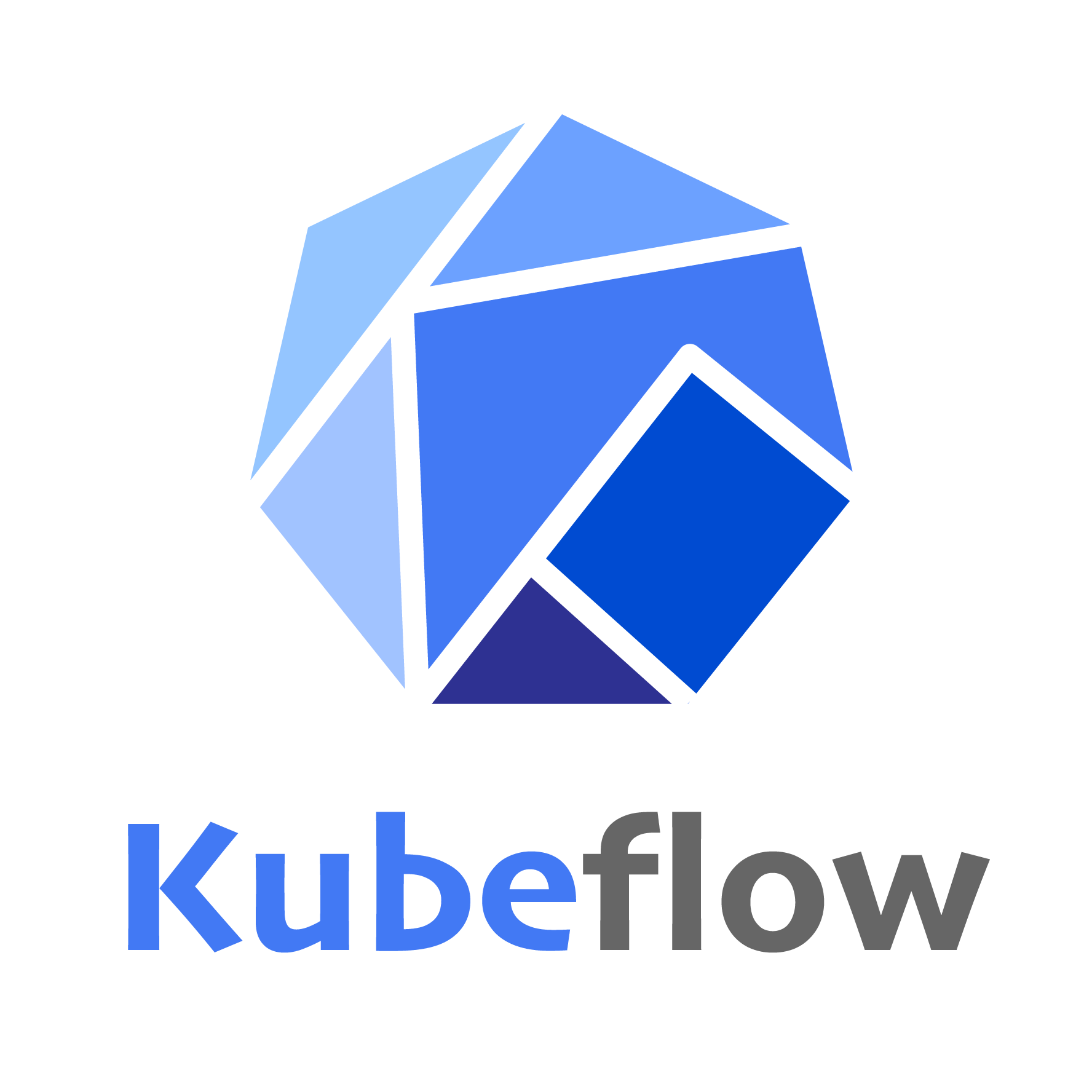
Kubeflow is an open-source platform for machine learning on Kubernetes. It provides a range of tools and libraries to help users develop, deploy, and manage machine learning models in a scalable and efficient manner. The MAIA Workspace integrates Kubeflow to help users develop and deploy machine learning models effectively. Users can leverage the Kubeflow platform to run experiments, train models, and monitor performance through the Jupyter interface.
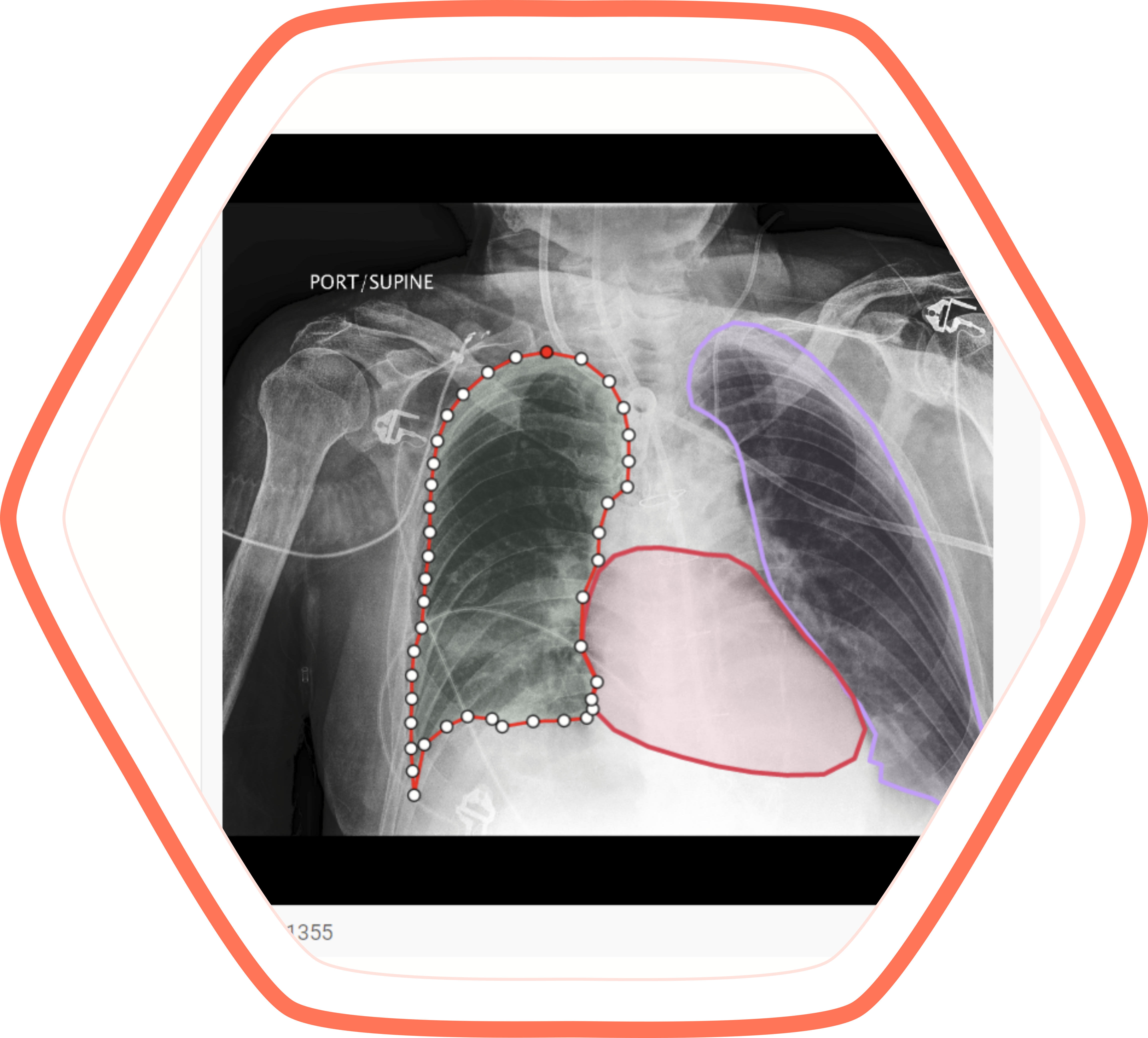
Label Studio is an open-source data labeling tool that provides a range of features to help users create, manage, and visualize labeled datasets. It supports a variety of annotation types, including image, text, and audio annotations, and provides tools for quality control and collaboration. The MAIA Workspace integrates Label Studio to help users create and manage labeled datasets effectively. Users can access Label Studio through the Jupyter interface, create annotations, and visualize the labeled datasets to train machine learning models.